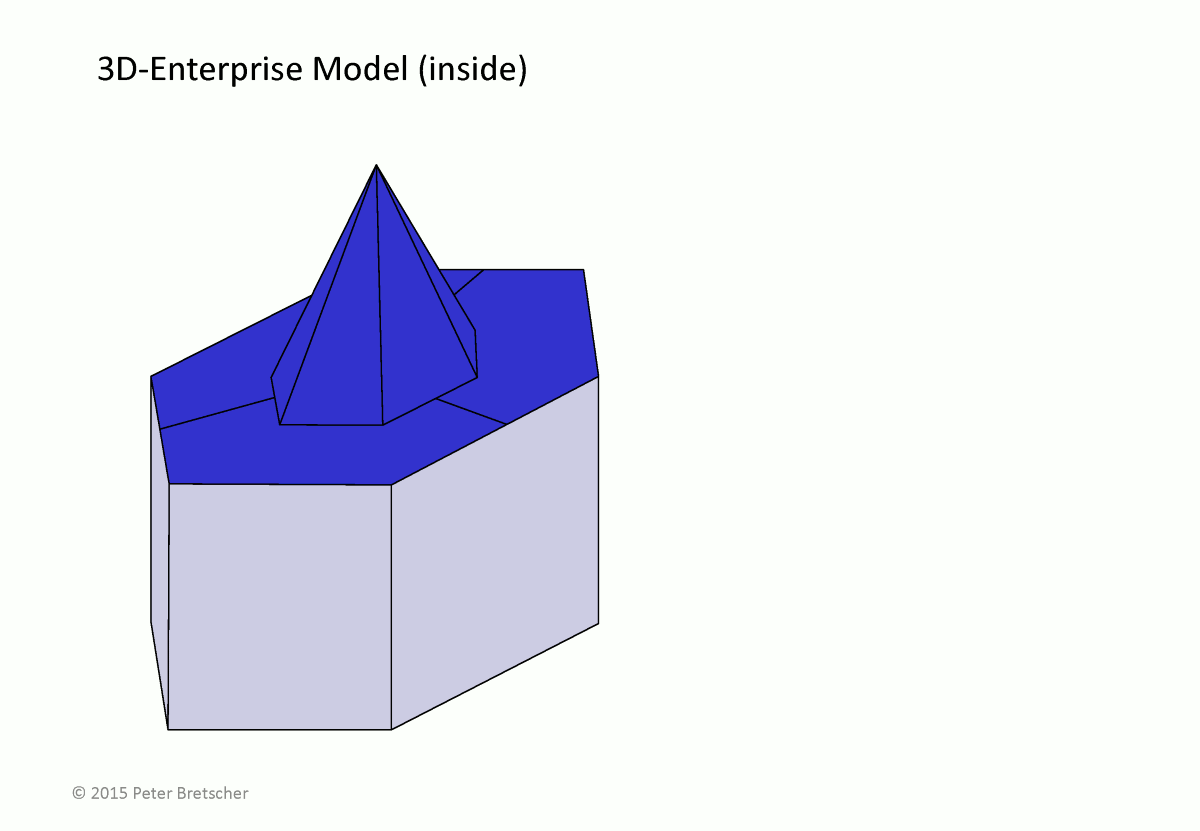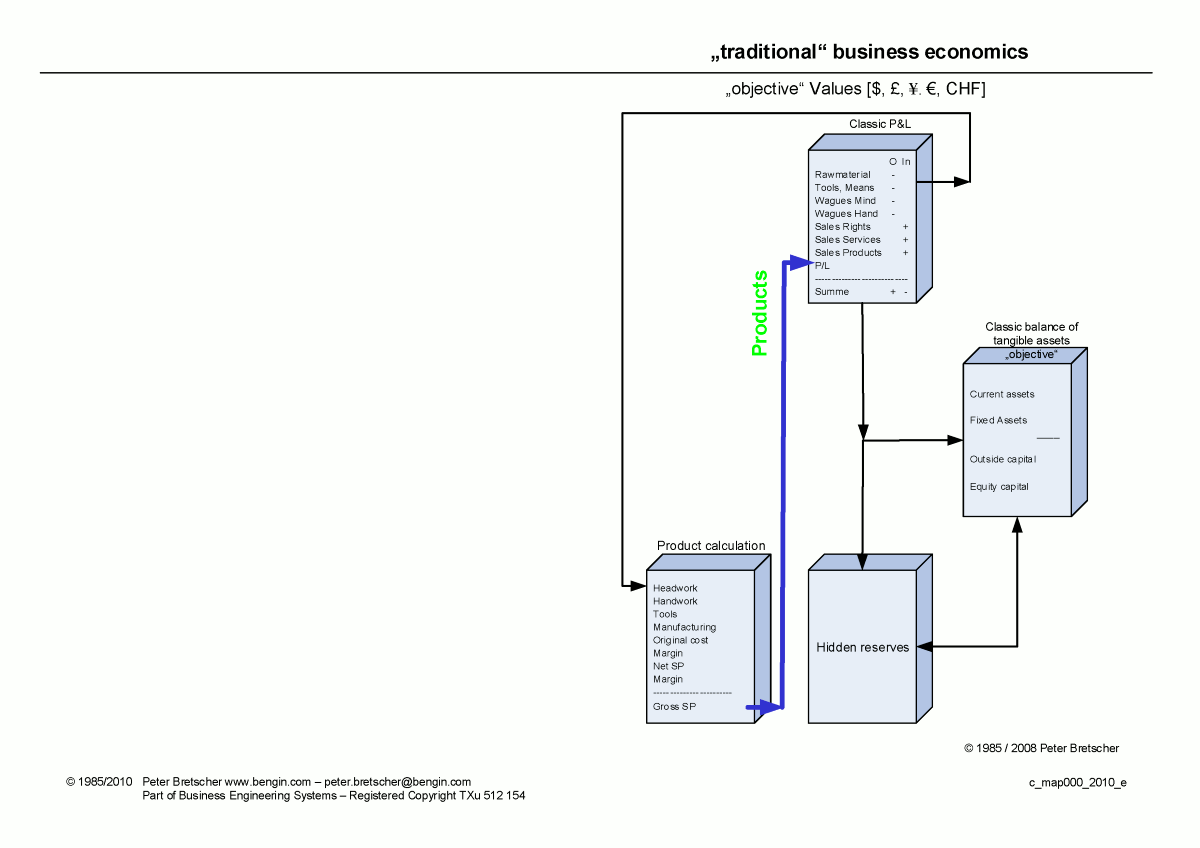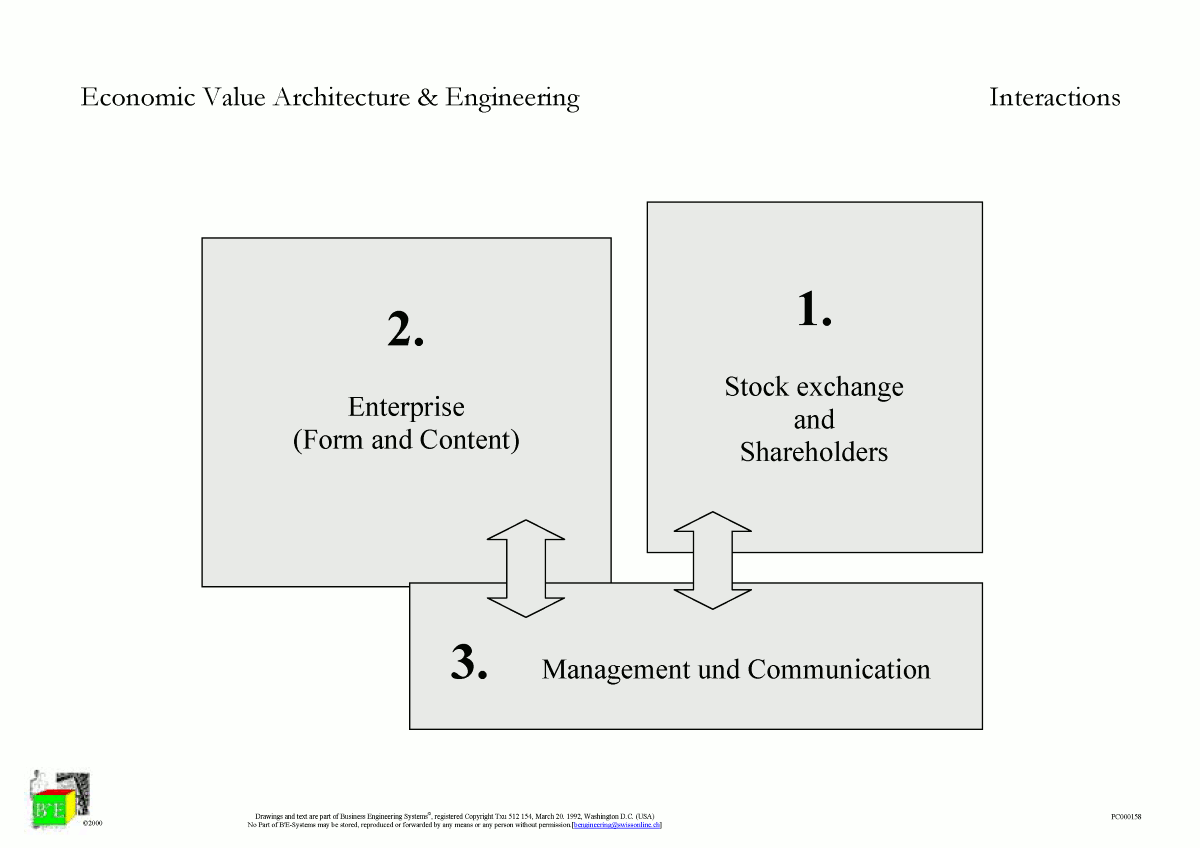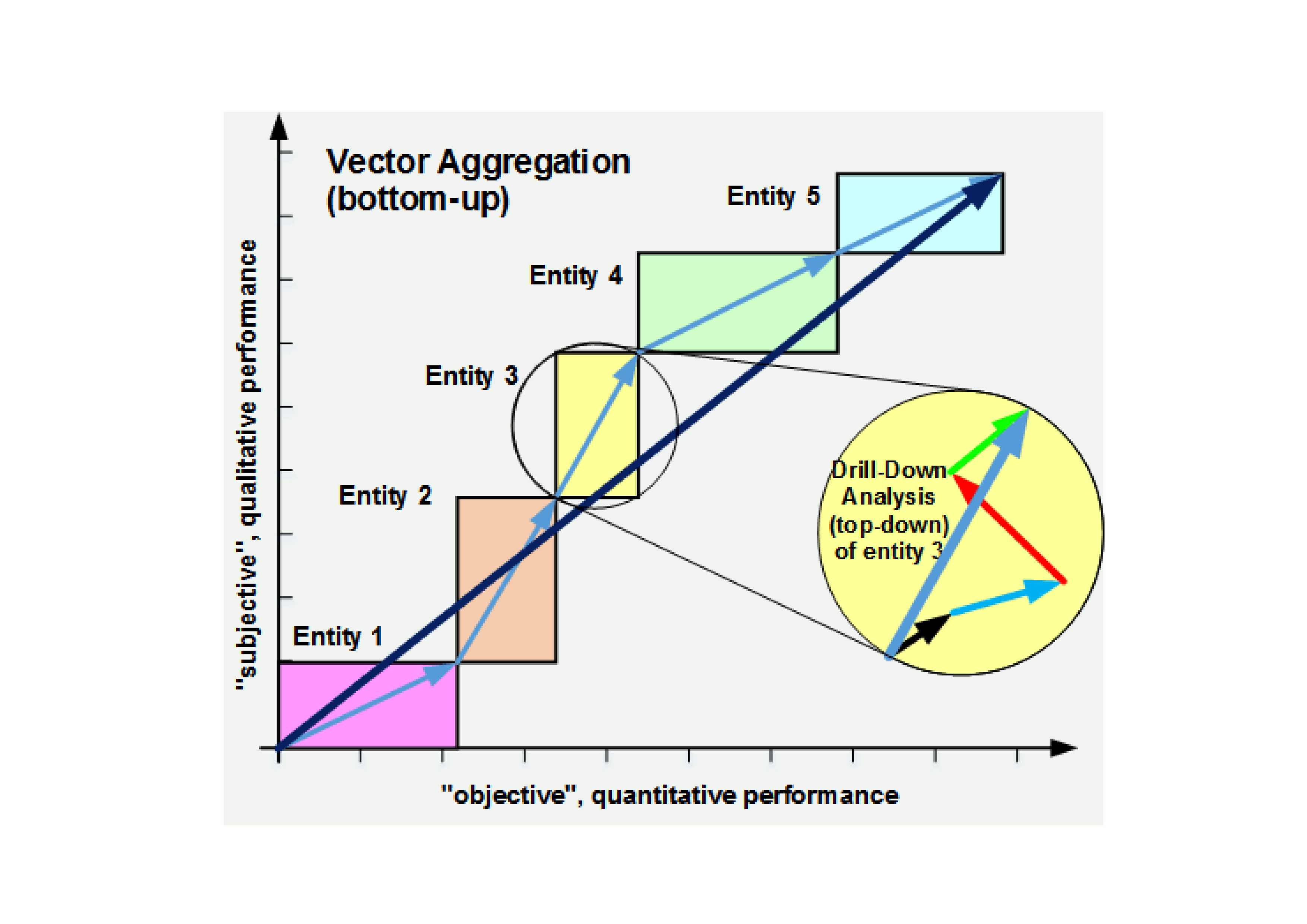Daniel Kahneman talks about Business Engineering Systems
-
... believe that businesses must go beyond traditional measures of value and incorporate a broader range of factors in their decision-making ...
Daniel Kahneman (1934 - 2024) is an Israeli-American author, psychologist and economist notable for his work on the psychology of judgment and decision-making, as well as behavioral economics, for which he was awarded the 2002 Nobel Memorial Prize in Economic Sciences...
Daniel Kahneman in English:
As a psychologist and behavioral economist, I believe that businesses must go beyond traditional measures of value and incorporate a broader range of factors in their decision-making processes. A hybrid value paradigm that combines monetary and non-monetary value indicators can help businesses better understand the true costs and benefits of their activities and enable them to make smarter and more sustainable decisions.
By focusing on primary resources such as products, production means, documents, knowledge and skills, rights, and finance, businesses can develop a more comprehensive understanding of their operations and identify areas where they can improve their environmental and social impact. This requires a shift away from a narrow focus on monetary profits and toward a more holistic approach that considers the long-term implications of business activities.
Business engineering systems can play a crucial role in facilitating this transition. By incorporating a hybrid value paradigm and using advanced analytical tools, businesses can develop a more accurate and comprehensive understanding of their impact on society and the environment. This, in turn, can help them identify new opportunities for growth and innovation that align with their broader social and environmental goals.
In short, a more comprehensive approach to business administration that incorporates a hybrid value paradigm and focuses on primary resources can help businesses make smarter, more sustainable decisions that benefit both themselves and society as a whole.
Daniel Kahneman in German:
Als Psychologe und Verhaltensökonom glaube ich, dass Unternehmen über traditionelle Wertmaßstäbe hinausgehen und ein breiteres Spektrum von Faktoren in ihre Entscheidungsprozesse einbeziehen müssen. Ein hybrides Wertparadigma, das monetäre und nicht-monetäre Wertindikatoren kombiniert, kann Unternehmen dabei helfen, die wahren Kosten und Vorteile ihrer Aktivitäten besser zu verstehen und intelligentere und nachhaltigere Entscheidungen zu treffen.
Durch die Konzentration auf primäre Ressourcen wie Produkte, Produktionsmittel, Dokumente, Wissen und Fähigkeiten, Rechte und Finanzen können Unternehmen ein umfassenderes Verständnis ihrer Geschäftstätigkeit entwickeln und Bereiche identifizieren, in denen sie ihre ökologischen und sozialen Auswirkungen verbessern können. Dies erfordert eine Abkehr von einer engen Fokussierung auf den monetären Gewinn hin zu einem ganzheitlicheren Ansatz, der die langfristigen Auswirkungen der Geschäftstätigkeit berücksichtigt.
Business-Engineering-Systeme können eine entscheidende Rolle bei der Erleichterung dieses Übergangs spielen. Durch die Einbeziehung eines hybriden Werteparadigmas und den Einsatz fortschrittlicher Analysetools können Unternehmen ein genaueres und umfassenderes Verständnis ihrer Auswirkungen auf Gesellschaft und Umwelt entwickeln. Dies wiederum kann ihnen helfen, neue Wachstums- und Innovationsmöglichkeiten zu identifizieren, die mit ihren umfassenderen sozialen und ökologischen Zielen übereinstimmen.
Kurz gesagt, ein umfassender Ansatz für die Unternehmensverwaltung, der ein hybrides Werteparadigma beinhaltet und sich auf Primärressourcen konzentriert, kann Unternehmen dabei helfen, intelligentere, nachhaltigere Entscheidungen zu treffen, die sowohl ihnen selbst als auch der Gesellschaft als Ganzes zugute kommen.
ChatGPT as Daniel Kahneman
Want to have more voices?
-
Read Gottfried Wilhelm Leibniz (1646 - 1716)
Read Luca Pacioli (1713 - 1790)
Read Adam Smith (1713 - 1790)
Read Carl Friedrich Gauss (1777 - 1855)
Read Henry R. Towne (1844 - 1924)
Read John Maynard Keynes (1883 - 1946)
Read Joseph Schumpeter (1883 - 1950)
Read Albert Einstein (1879 - 1955)
Read Daniel Kahneman (1934 - 2024)
Read Joseph Stiglitz (1943 - ....)
ChatGPT as talking head for Legal Units:
ChatGPT in the role of Bain & Company
ChatGPT in the role of BCG
ChatGPT in the role of Deloitte
ChatGPT in the role of EY (Ernst & Young)
ChatGPT in the role of EY(2) (Ernst & Young)
ChatGPT in the role of EY-Parthenon
ChatGPT in the role of Harvard University
ChatGPT in the role of HSG University of St. Gallen
ChatGPT in the role of KPMG
ChatGPT in the role of McKinsey
ChatGPT in the role of PwC
Business Engineering Systems: Advanced models for business, policy, and consultants.
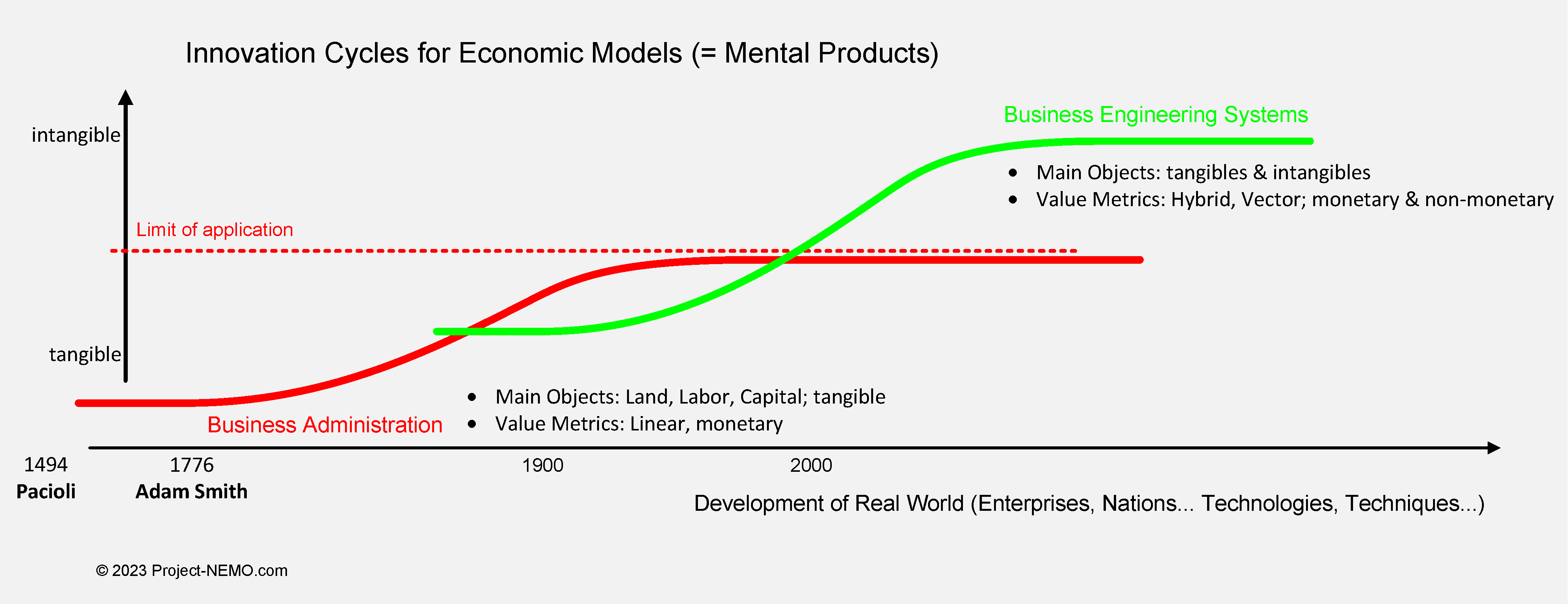
Today's models (i) start from tangible and intangible resources and (ii) use a multidimensional value paradigm in which non-monetary and subjective value attributes also count.
Four selected areas of focus from the BE systems:
Click on image for more information
Purpose of 'Project NEMO' (New/Next Economic/Enterprise Model) is to enhance classic economics by
(i) including intangible assets as the common (re)source of welfare and wealth and
(ii) disclosing a vector based hybrid value principle enabling monetary AND nonmonetary dimensions as a compound/hybrid measure.

